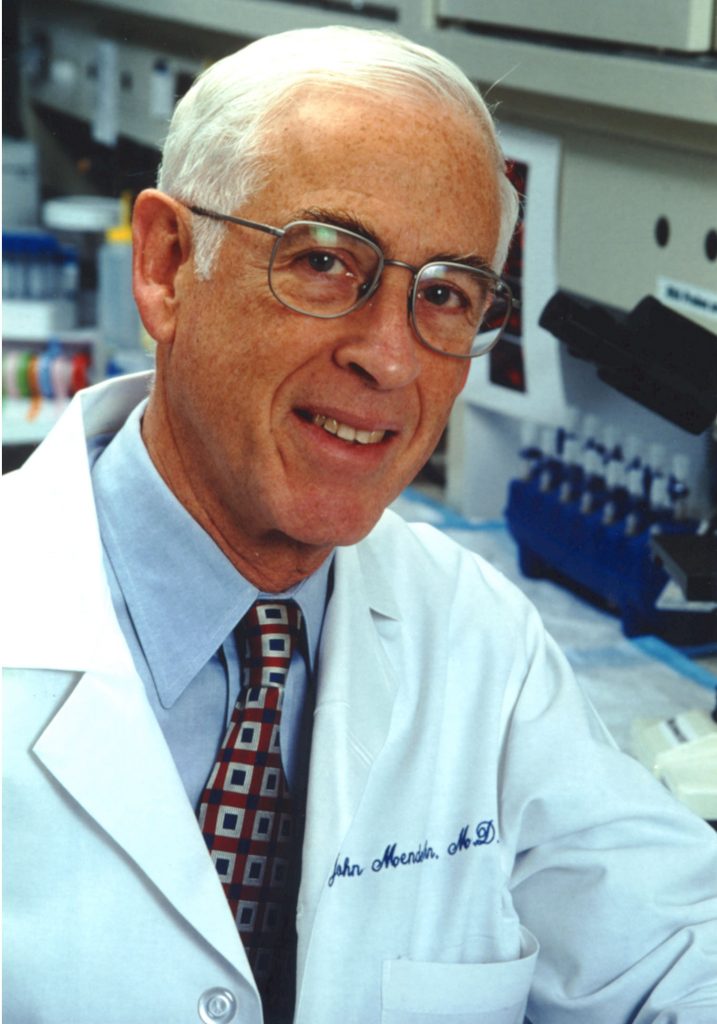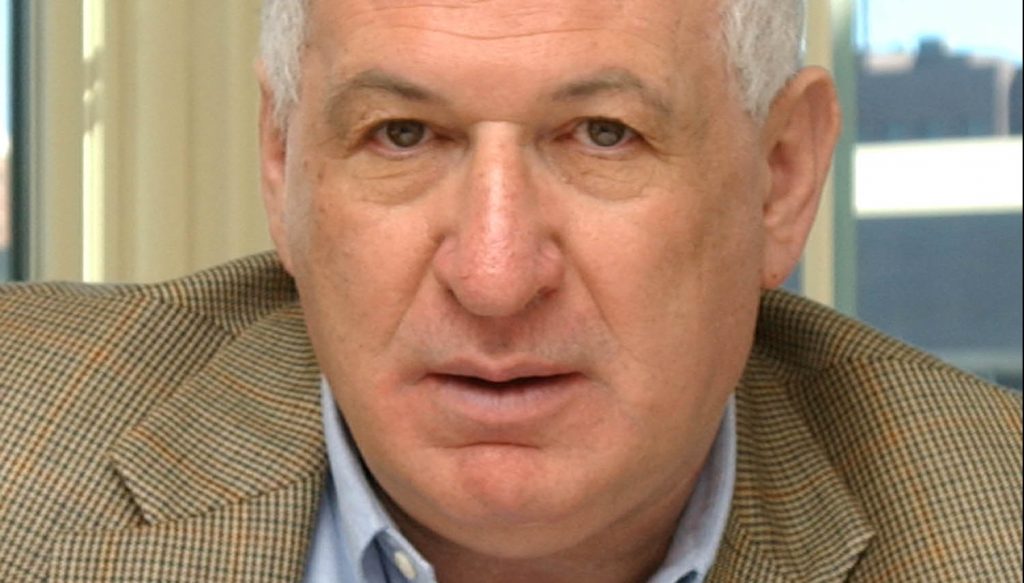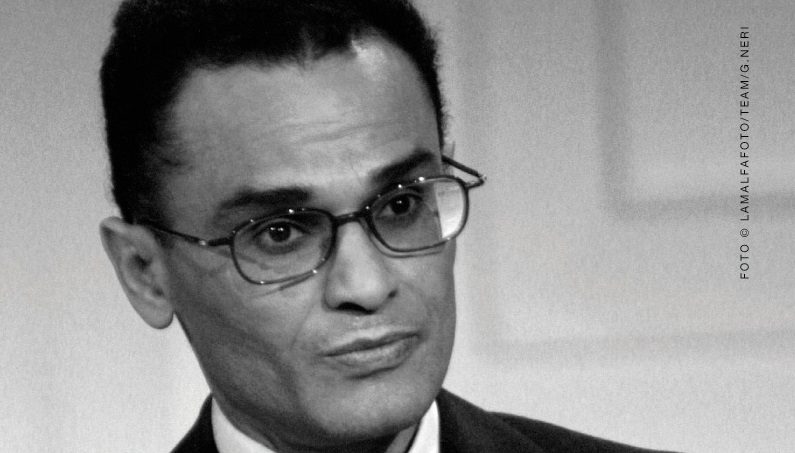John Mendelsohn (1936 – 2019)

John Mendelsohn (1936 – 2019)
Future: Cancer Therapy
John Mendelsohn, MD, combined experience in clinical and laboratory research with administrative expertise in guiding The University of Texas MD Anderson Cancer Center into the 21st century.
Since becoming president of the center in 1996, he recruited a team of visionaries and implemented new priorities for integrated programs in patient care, research, education and cancer prevention. Under his direction, MD Anderson was named the top cancer hospital in the nation by U.S. News & World Report’s “America’s Best Hospitals” survey.
Throughout his decades-long career, Dr. Mendelsohn was at the forefront of understanding how growth factors regulate the proliferation of cancer cells by activating receptors on the surface of the cells. These receptors, when activated, control key cell signaling pathways. He developed a specific monoclonal antibody called ErbituxT, which blocks the activity of the receptor for epidermal growth factor.
Clinical research trials have demonstrated that therapy combining this antireceptor antibody with chemotherapy or radiation is effective treatment for patients with several forms of cancer. On February 12, 2004, the FDA approved ErbituxT for treatment of advanced colorectal cancer.
In 1997, Dr. Mendelsohn received the international Raymond Bourgine Award and the Gold Medal of Paris in recognition of his many translational research contributions. The Bristol-Myers Squibb Company of New York honored him that year with an unrestricted grant for promising research at MD Anderson, and the Institute of Medicine of the National Academy of Sciences elected him to membership.
In April 1999, Dr. Mendelsohn received the distinguished Joseph H. Burchenal Clinical Research Award from the American Association for Cancer Research. In October 1999, he was named the recipient of The Breast Cancer Research Foundation’s Jill Rose Award for research leading to improved therapies for breast cancer. In May 2002, he received the Simon Shubitz Prize from the University of Chicago. He was honored with the David A. Karnofsky Memorial Award from the American Society of Clinical Oncology in 2002, and received the Bristol-Myers Squibb Freedom to Discover Award for Distinguished Achievement in Cancer Research in October 2004.
In April 2005, Dr. Mendelsohn and his wife were jointly honored for public service by the Woodrow Wilson International Center for Scholars. In May 2005 he received the Fulbright Lifetime Achievement Medal, which was created to honor Fulbright alumni whose distinguished careers and civic and cultural contributions have sought to expand the boundaries of human wisdom, empathy, and perception. In 2008 he received the Dorothy P. Landon-AACR Prize for Translational Research, the AACR Margaret Foti Award for Leadership and Extraordinary Achievements in Cancer Research in 2012 and Research!America’s Geoffrey Beene Builders of Science Award in 2013. He was presented with the Hope Funds for Cancer Research Award of Excellence in 2015, in 2017 he received the Rell Sunn Award and in 2018 he won the Tang Prize.
Dr. John Mendelssohn is awarded the 2006 Dan David Prize for pioneering the rapidly developing field of antibody-mediated cancer therapy in general and that of antibodies to growth factors in particular.


